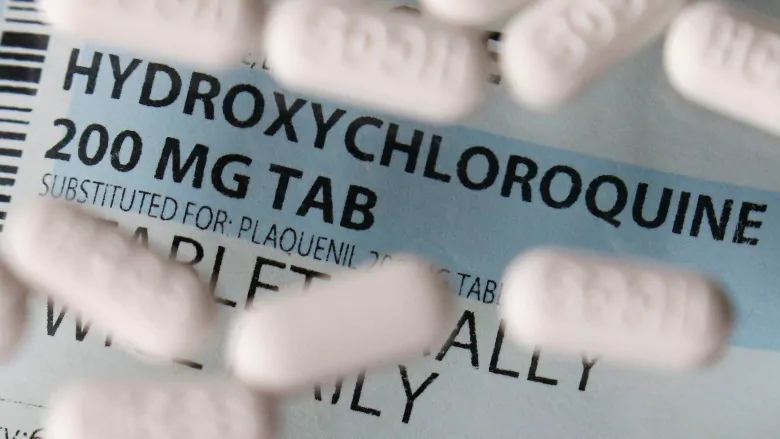The drug hydroxychloroquine that’s been the subject of heated debate as a potential treatment for COVID-19 was not effective in preventing the disease in Canadians and Americans at high risk, according to the first gold standard trial.

The drug hydroxychloroquine, which has been the subject of heated debate as a potential treatment for COVID-19, was not effective in preventing the disease in Canadians and Americans at high risk, according to the first gold standard clinical trial.
In Wednesday’s issue of the New England Journal of Medicine, medical researchers reported on testing the use of hydroxychloroquine in 821 adults in the U.S. and in Quebec, Manitoba and Alberta. The participants did not have symptoms but were exposed to someone with confirmed COVI9-19 in a health-care or household setting.
Hydroxychloroquine is often used to treat autoimmune diseases such as lupus. U.S. President Donald Trump said he’s taken hydroxychloroquine, although he’s not tested positive for the coronavirus infection. No studies have proven this drug or any others are effective against COVID-19.
The exposures were all considered high risk because the participants were less than two metres away from a confirmed case for more than 10 minutes without wearing a mask or face shield. The goal of the randomized trial was to see if hydroxychloroquine could prevent symptoms of infection, known as post-exposure prophylaxis, compared with taking a sugar pill.
“In this trial, high doses of hydroxychloroquine did not prevent illness compatible with COVID-19 when initiated within four days after a high-risk or moderate-risk exposure,” the study’s authors wrote.
Gold standard method
D

